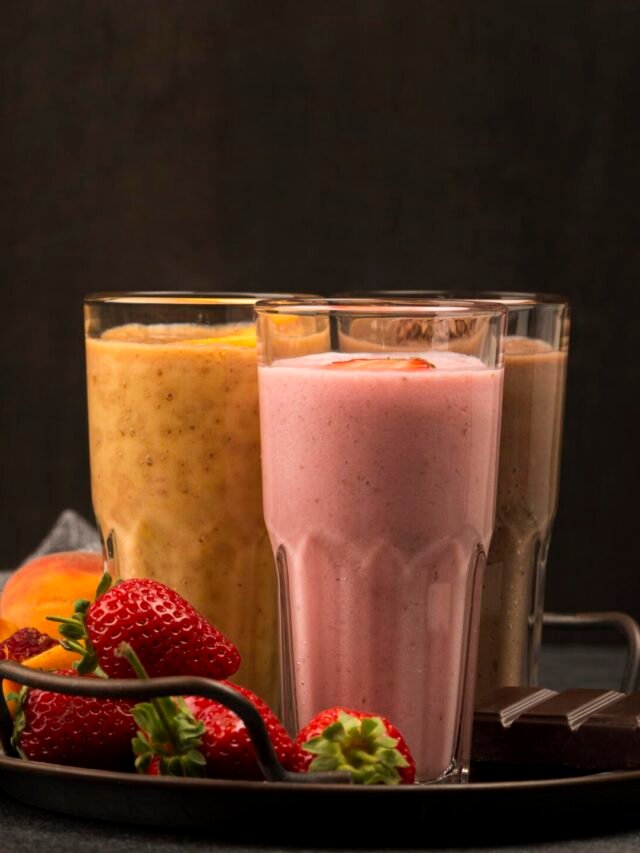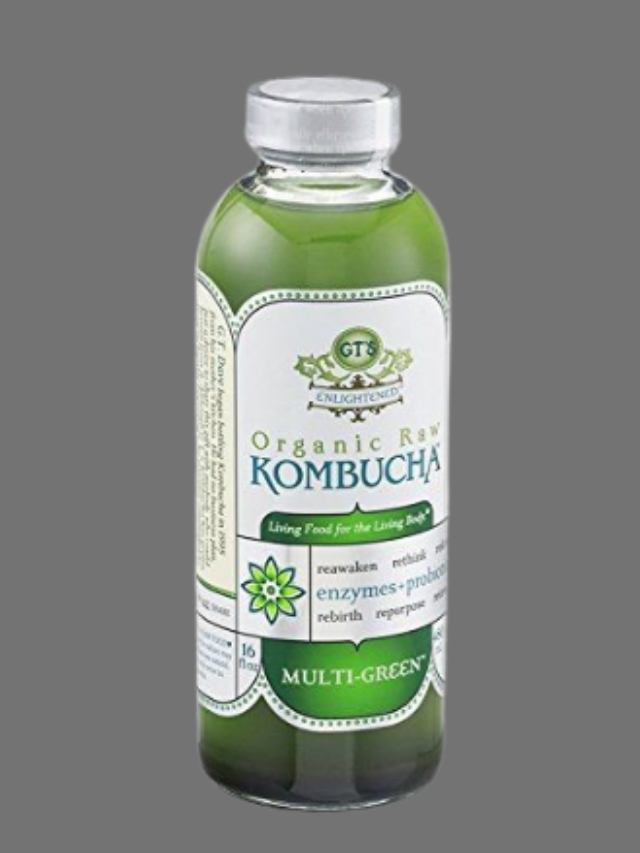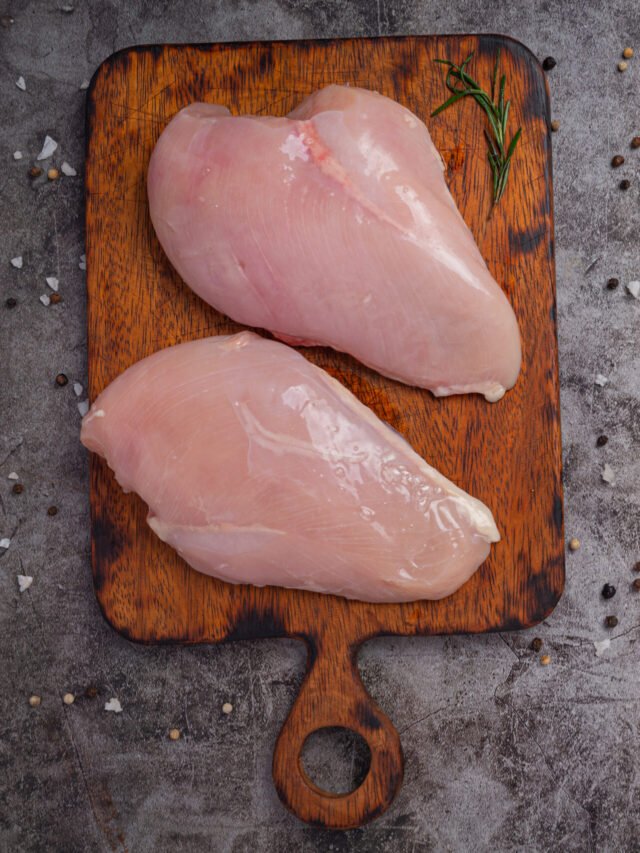
One’s general welfare is highly dependent upon a healthy diet. Healthy diet plays an important role in promoting good health and vitality. In this article, we will discuss five types of food that must form part of your daily meal plans. These meals are filled with all the necessary nutrients required for a healthy life.
A wholesome diet to maintain good health and weight should consist of an assortment of nutrient-dense foods. Make your meals appealing by using many colors like you are eating a rainbow. Nutrient-dense dark green leafy vegetables, oranges, tomatoes, and fresh herbs offer numerous vitamins, fiber, and minerals. If you want to add vibrancy and nutrition to your omelettes or stews easily use frozen peppers, broccoli or onions.
Eating a well-balanced nutritious meal remains crucial in protecting ones’ health status dearly. Quite astonishingly about up to 80% of premature heart disease and stroke can be prevented through making wise choices such as living righteously which encompasses having a balanced diet and keeping fit on regular basis:
- Enhancing your cholesterol levels
- Decreasing your blood pressure
- Assisting in maintaining a healthy body weight
- Regulating your blood sugar levels.
5 Types of Food That Should Be Consumed Daily in a Healthy Diet :
1. Fruits: Nature's Sweet Delights
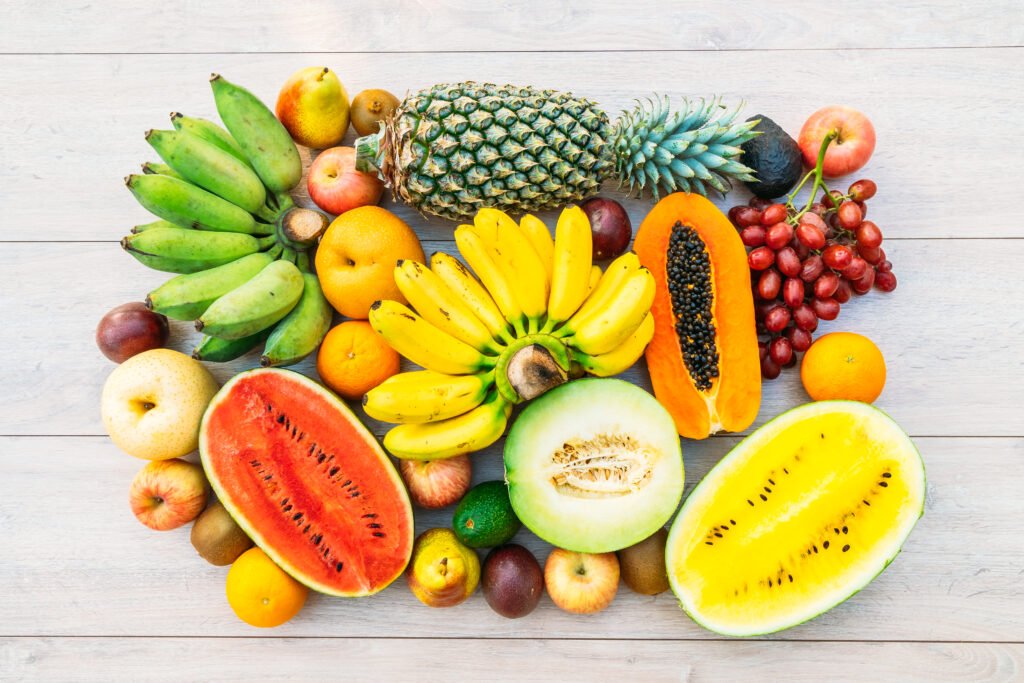
It is important to have a diversified range of fruits in your daily diet because not only do they have natural sweetness but also their content include vital vitamins, minerals, and dietary fibers. Fruits as well contain antioxidants which help protect your cells from damage. You should put several types of fruits into your meals, such as berries, citrus fruit, apple and banana so that you can get wide variety of nutrients.
2. Vegetables: A Rainbow of Goodness
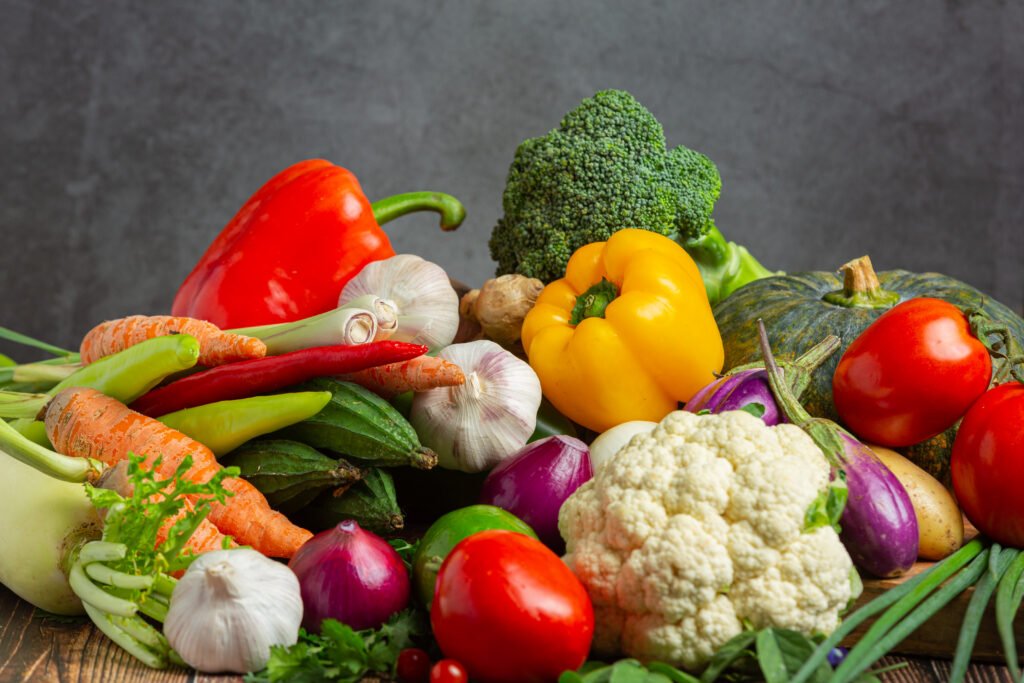
Additionally, vegetables are crucial for a balanced diet due to their high contents of essential vitamins and minerals as well as low calorie levels. Green dense leaves such as spinach or kale contain very many beneficial compounds while bright ones like carrots and bell peppers have loads of antioxidants. Half a plate should be allocated to vegetables for one’s body nutritional needs to be met.
3. Whole Grains: The Foundation of Energy
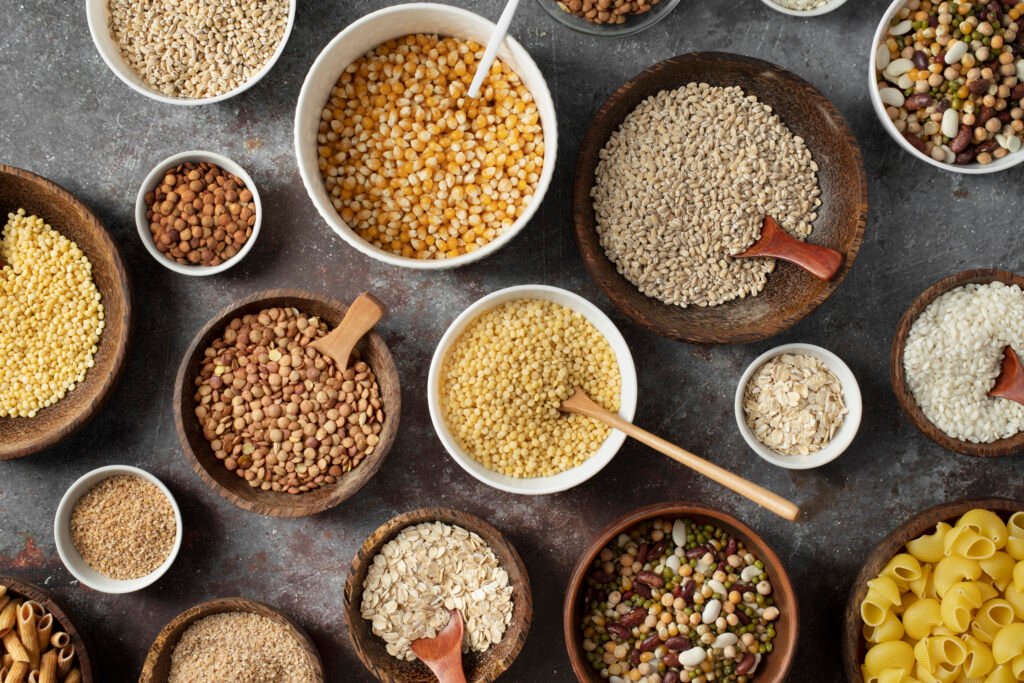
Whole grains like quinoa, brown rice whole wheat bread etc. are rich sources of complex carbohydrates fiber and essential nutrients. They provide consistent energy release hence maintaining stable blood sugar levels. Moreover, consuming whole grains help the digestive system stay healthy while making you feel full.
4. Lean Proteins: Building Blocks of Health
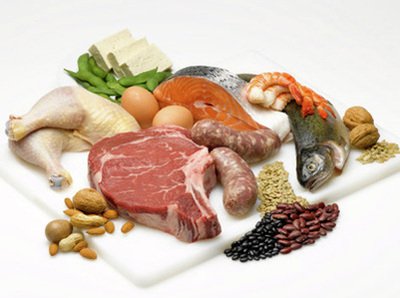
Proteins are important for muscle growth, tissue repair and overall body functions. Go for low-fat dairy options, tofu, legumes, fish and poultry without skin as they are rich in proteins but low in saturated fats thus making them an excellent addition to a healthy diet.
5. Healthy Fats: Nourish Your Body
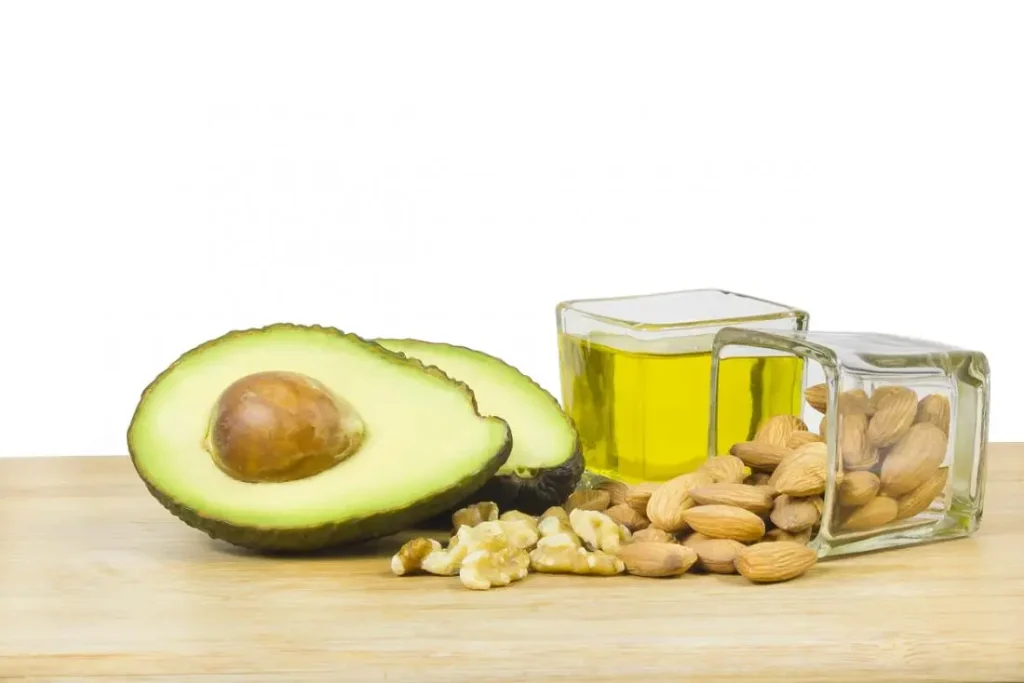
In brain health, hormone production as well as absorption of fat-soluble vitamins, healthy fats such as those found in avocados, nuts and seeds including olive oil play an important role. Inflammation also goes down when these fats are taken in moderation hence contributing to good cardiovascular health.
Foods to Avoid:
1. Processed Foods: Avoid foods that are heavily processed containing unhealthy fats added sugars or preservatives. These kinds of food have no necessary nutrients can cause many diseases including weight increase among others.
2. Sugary Beverages: Sugared drinks like energy drinks sodas and fruit juices can lead to gaining excess weight insulin resistance and metabolic disorders which is very risky. Water, herbal teas or infused water should be taken instead for proper hydration.
3. Trans Fats: Avoiding foods with trans fats is a good idea because they are commonly found in commercially-baked products like bread and cookies as well as fried foods. Trans fat intake can raise levels of bad cholesterol (LDL) and lower levels of good cholesterol (HDL), therefore increasing the risk of heart disease.
A healthy diet can lead to a vibrant and energetic life. By integrating these five food groups into your regular meals you will be able to provide your body with essential nutrients it requires for its optimal performance. Thus it is important that there is moderation in portion sizes, so that what you eat supports your health and wellness.
Seeking simplicity increases chances of success. It does not entail being complicated when changing one’s eating patterns. This implies de-emphasizing on calories and instead placing emphasis on liveliness, variation, zestiness of dishes consumed. Stress avoiding packaged or processed options but go for fresh ingredients whenever possible.
Also Read – Protein | Affordable High Protein Foods
Frequently Asked Questions (FAQs)
1. How can I incorporate more fruits into my daily diet?
Starting your day with a fruit salad is one of the ways you can do it, also you can put fruits in your breakfast cereal or yogurt and eat fresh fruits as snacks during the day.
2. What are some creative ways to enjoy vegetables daily?
For instance, make smoothies that blend leafy greens, attempt vegetable stir-fries or roast vegetables by adding herbs and spices for enhanced taste.
3. Is it necessary to eliminate all fats from a healthy diet?
No, it’s important to have healthy fats in your diet. These types of fats are needed for different functions in the body and can be found in foods such as avocados, nuts, and olive oil.
4. Can you suggest some plant-based protein sources for a vegetarian diet?
Surely, this includes plant-based protein sources like tofu, tempeh, legumes such as lentils & chickpeas, quinoa and nuts.
5. How can I make whole grains a part of my daily meals?
In recipes for example substitute whole grains instead of refined grains (e.g. use brown rice instead of white rice) and select whole grain alternatives when buying breads, pasta and cereals.
6. What are some tips for maintaining portion control in a daily diet?
Help control calorie intake by using smaller plates; measuring servings; and being aware of portion sizes.
7. Are there any specific fruits and vegetables that are particularly high in nutrients?
Definitely some “superfoods” like spinach/kale/blueberries/& sweet potatoes are known to have exceptional nutritional value.










